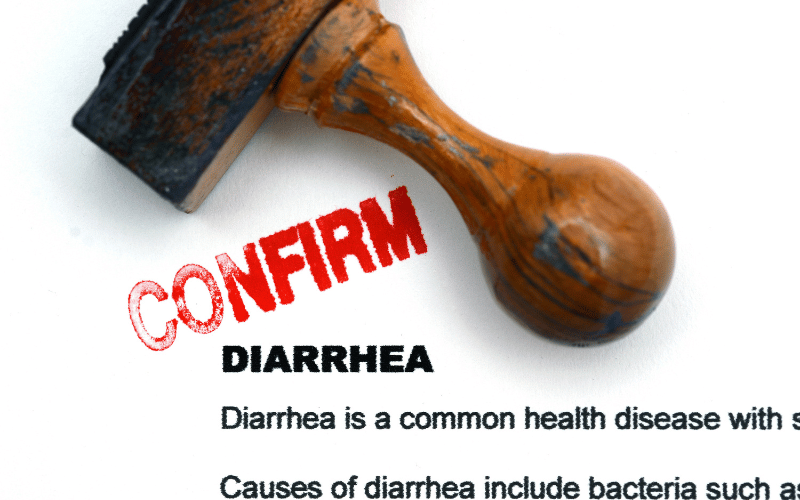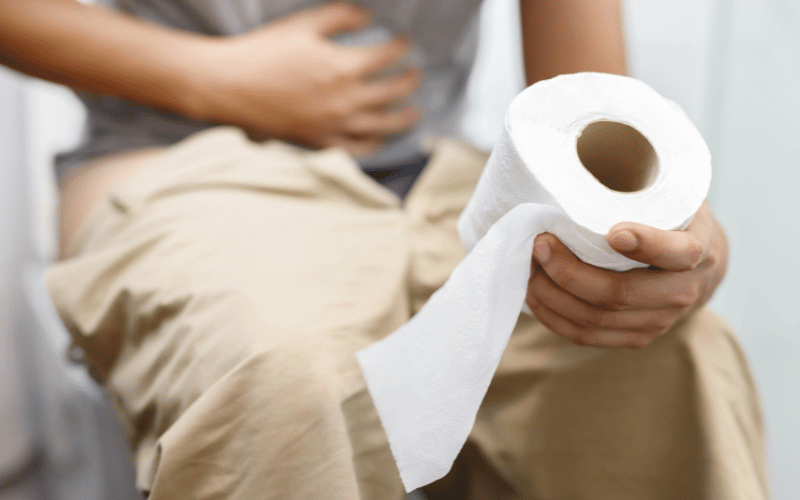Introduction: Diarrhea Symptoms Demystified
It’s an experience most of us have encountered at some point in our lives: that sudden, unmistakable discomfort in the belly, leading to an urgent rush to the bathroom. Diarrhea, a condition marked by loose, watery stools, is not just a simple inconvenience. It can be a telltale sign of an underlying health concern that shouldn’t be brushed under the carpet.

In our fast-paced lives, it’s easy to overlook or downplay symptoms, especially those tied to our digestive systems. Often, we attribute them to something we ate or a temporary bug and move on. However, understanding the root symptoms of diarrhea can be a game-changer. Not only does it pave the way for timely treatment, but it also allows us to make informed choices about our health.
For many, diarrhea remains a topic shrouded in embarrassment. But open conversations are crucial. Recognizing the difference between an isolated incident and a pattern of symptoms can make all the difference in managing and treating the condition. Beyond the obvious discomfort, persistent symptoms can point to a broader spectrum of gut-related issues or infections.
This article endeavors to shed light on the top 10 symptoms of diarrhea. By understanding these signs, you’ll be better equipped to listen to your body, seek timely medical intervention if necessary, and maintain optimal gut health. After all, our well-being often hinges on our gut’s health, and knowledge is the first step towards empowerment.
1. Frequent Loose or Watery Stools: The Unsettling Indicator

When it comes to bowel movements, consistency is often the first signal that something’s awry. Loose or watery stools, unlike their firmer counterparts, result from rapid passage through the digestive tract. This denies the large intestine its chance to reabsorb water.
Numerous factors can make stools loose or watery. For instance, bacterial infections in the gut increase fluid secretion, leading to watery stools. Some medications, especially antacids containing magnesium, might upset the stomach and cause diarrhea. It’s not just about infections or medication; even certain types of food can be culprits.
Digestive disorders, like irritable bowel syndrome (IBS) or inflammatory bowel disease (IBD), often manifest initially as diarrhea. Then there are factors like excessive alcohol consumption, which can irritate the gut lining, leading to such symptoms. Stress, surprisingly, also plays a role; the gut-brain connection is a powerful one, and emotional turmoil can manifest in digestive distress.
Contrary to common belief, loose stools are not always brown. They can range in color, often reflecting the foods you’ve consumed or the bacteria causing an infection. Stool color can be a potent diagnostic tool in itself. Recognizing the difference in consistency and color can provide insights into the underlying causes and the potential severity of the condition. (1)